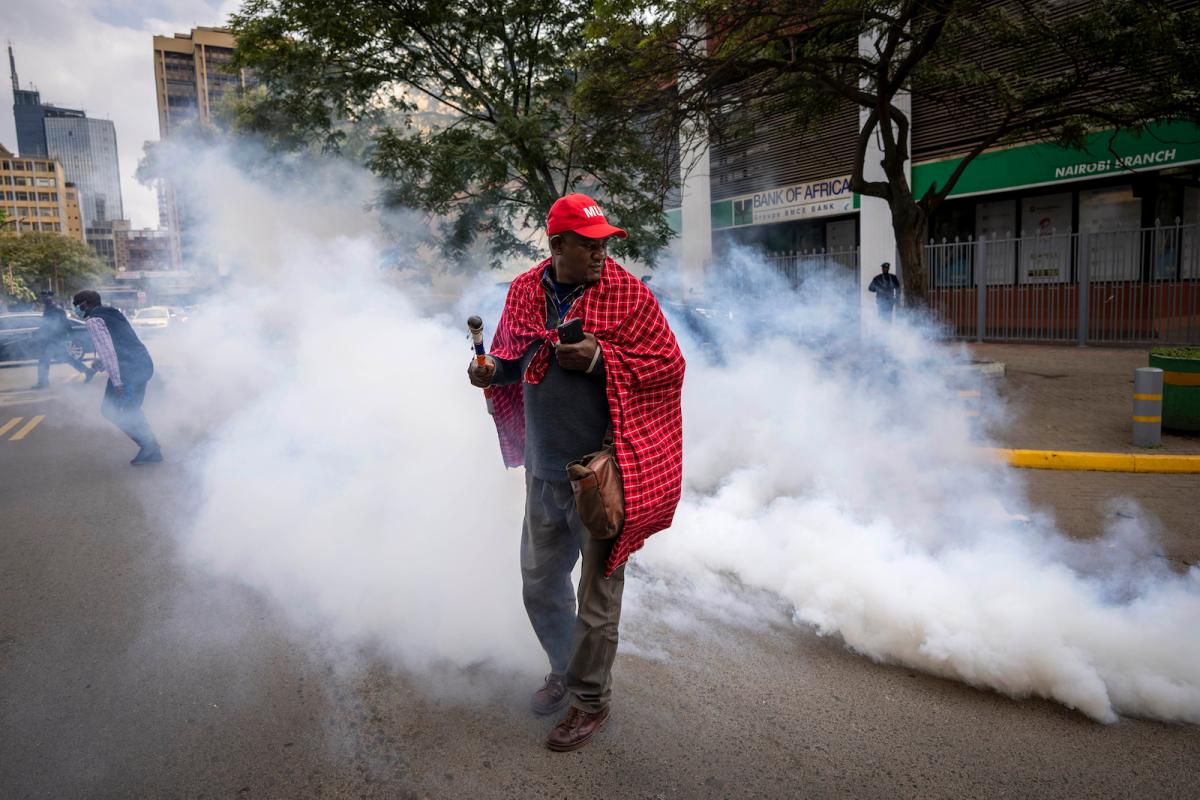This story is published as part of the Global Indigenous Affairs Desk, an Indigenous-led collaboration between Grist, High Country News, ICT, Mongabay, Native News Online, and APTN.
When around 70,000 Indigenous Maasai were expelled from their lands in northern Tanzania in 2022, it didn’t happen in a vacuum. For years, the Tanzanian government has systematically attacked Maasai communities, imprisoning Maasai leaders and land defenders on trumped-up charges, confiscating livestock, using lethal violence, and claiming that the Maasai’s pastoralist lifestyle is causing environmental degradation — a lifestyle that has shaped and sustained the land that the Maasai have lived on for centuries. This rise in criminalization, especially in the face of mining, development, and conservation, is being noted in Indigenous communities around the world and was the key focus of a report released this week at the U.N. Permanent Forum on Indigenous Issues, or UNPFII, the largest gathering of Indigenous activists, policymakers, and leaders in the world.
“It’s a very serious concern... Read more



